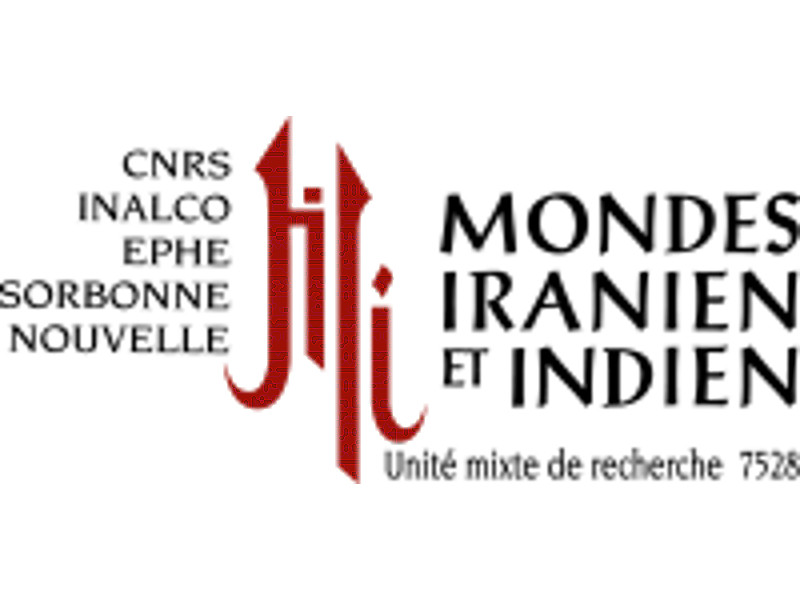
Séminaire « Sociétés, politiques et cultures du monde iranien »
Organisé par l’UMR « Mondes iranien et indien »
Date : le 7 février 2019, de 17h00 à 19h00
Lieu : INaLCO, salle 5.01, 65 rue des Grands Moulins, 75013 Paris
Florian SCHWARZ, directeur de l’Institut d’études iraniennes, Académie autrichienne des Sciences, Vienne
« The Sufi, the village and the city. Hagiography and social history
in 17th century Bukhara »
The critical use of Sufi hagiographies for writing social history (in the broadest sense) of many regions and periods of Islamic history is well established. Central Asia has produced its fair share of hagiographic texts, which have been widely exploited in modern scholarship, while a large number of texts remain virtually unstudied. What sets the study of Central Asian hagiographical texts apart from many other areas is the necessity to engage with a strong Soviet tradition of research. This presentation will assess various research paradigms and explore new perspectives for a meaningful social history of Central Asia. As a case study, one particularly rich Persian hagiographical text from late 17th century Bukhara, Zinda Ali’s em>Thamarat al-mashayikh, will be presented and discussed.
Florian SCHWARZ est le directeur de l’Institut d’études iraniennes (Institut für Iranistik) de l’Académie autrichienne des Sciences (Österreichische Akademie der Wissenschaften) à Vienne. Ses travaux de recherche portent sur l’histoire de l’Iran et de l’Asie centrale en s’intéressant particulièrement aux cultures de tradition manuscrite, aux réseaux intellectuels et communautés savantes, à la numismatique et l’histoire monétaire, à l’épigraphie islamique ainsi qu’à la géographie historique. Il est l’auteur et l’éditeur scientifique de nombreux livres, notamment de Persische Poesie alla Turca: Sprache, Exil und die Grenzen der kulturwissenchaftlichen Iranistik (Wien : Vienna University Press, 2011), de Sylloge Numorum Arabicorum Tübingen. XIVc Hurasan III: Balh und die Landschaften am oberen Oxus (Tübingen, Berlin : Wasmuth, 2002) et de Unser Weg schließt tausend Wege ein: Derwische und Gesellschaft im islamischen Mittelasien im 16. Jahrhundert (Berlin : Klaus Schwarz, 2000).
Organisateurs : Amr Ahmed (INaLCO), Samra Azarnouche (EPHE), Oliver Bast (Sorbonne nouvelle – Paris 3), Agnès Devictor (Université Paris 1 – Panthéon-Sorbonne), Julien Thorez (CNRS).
Brochure à télécharger ici.
